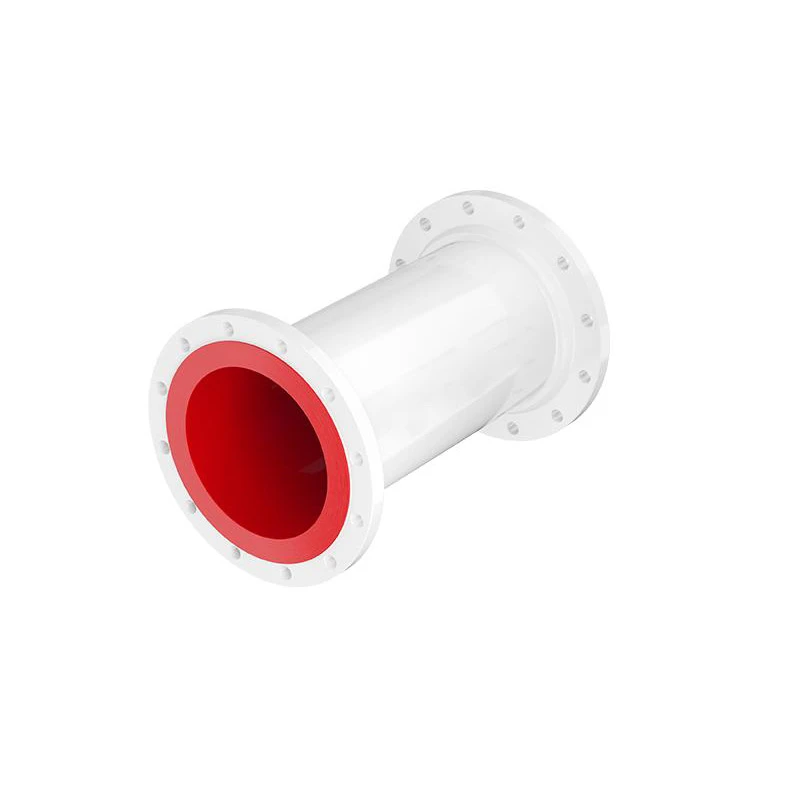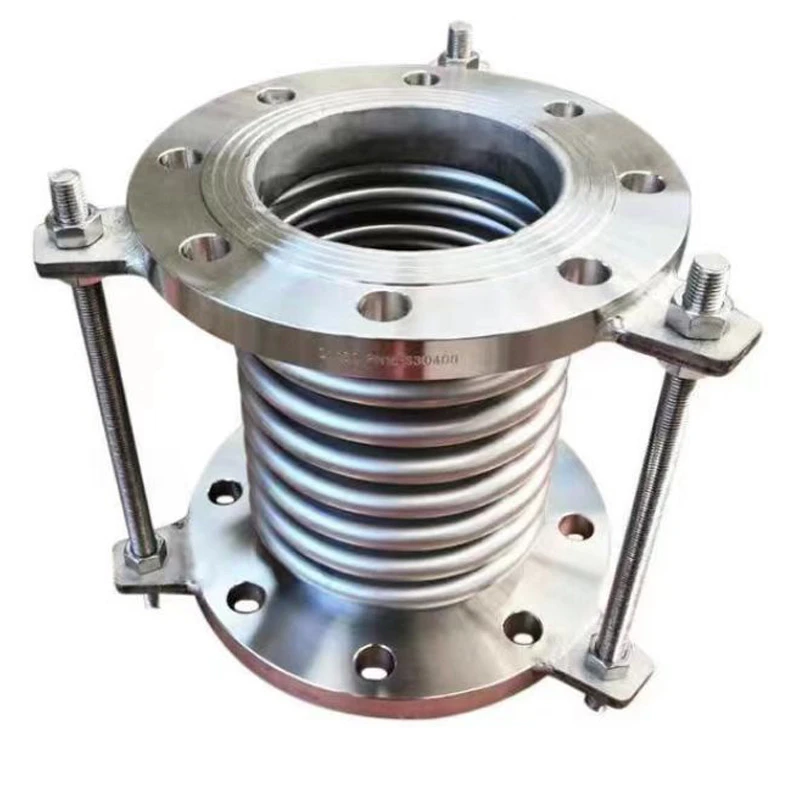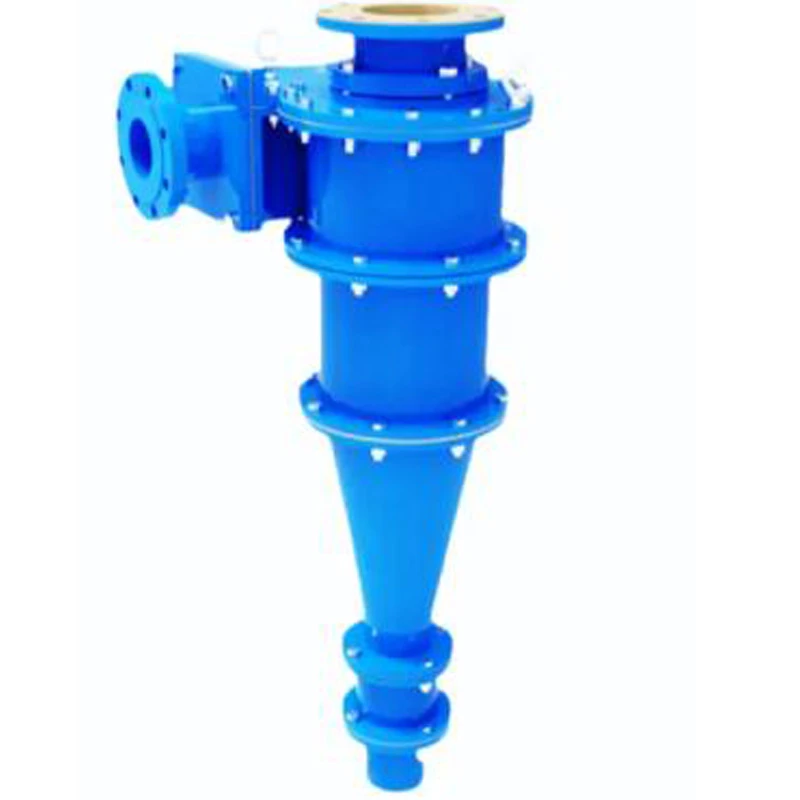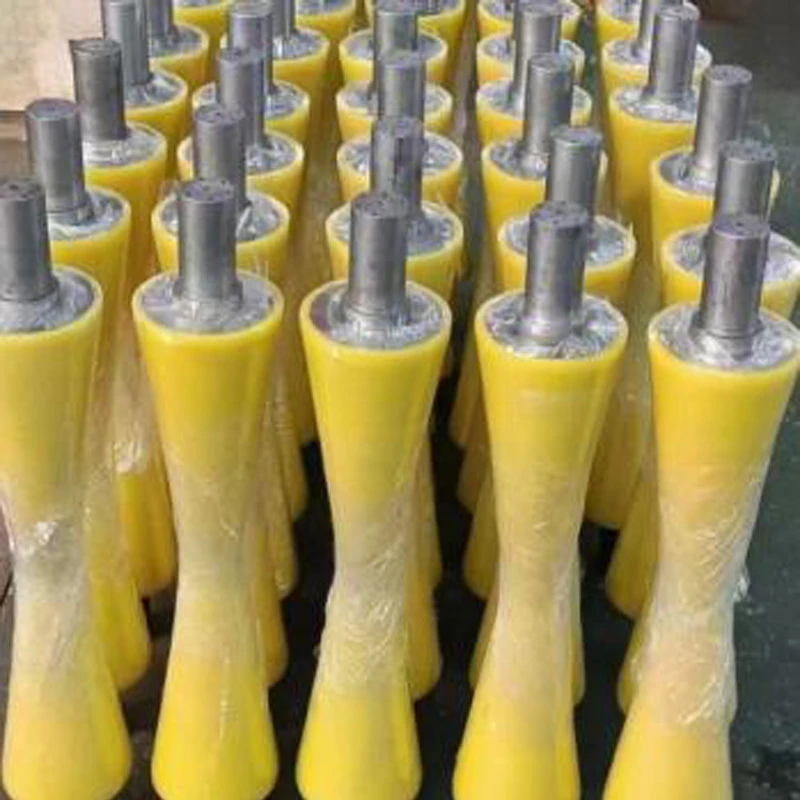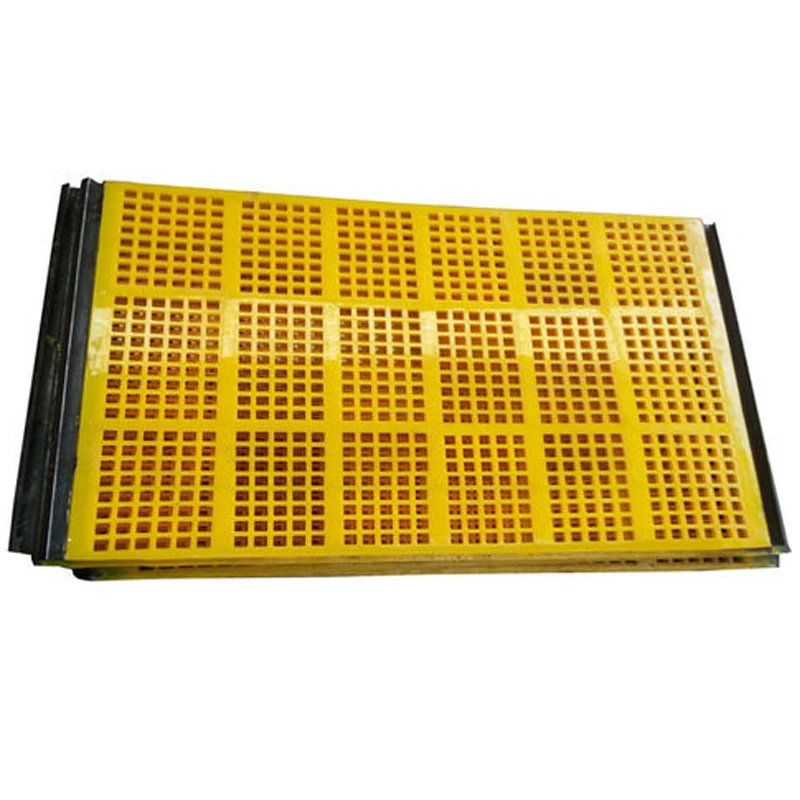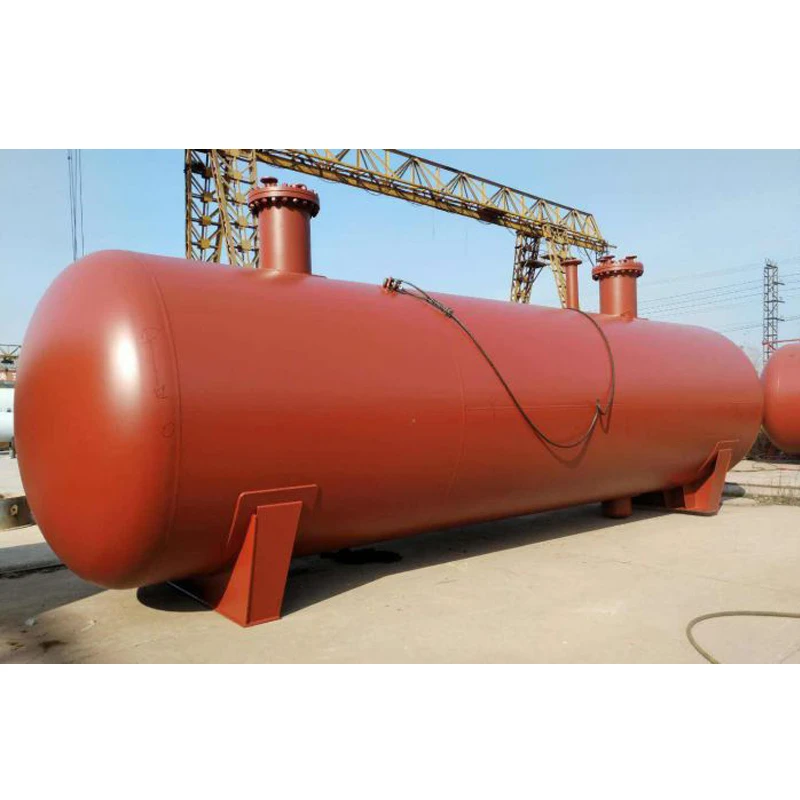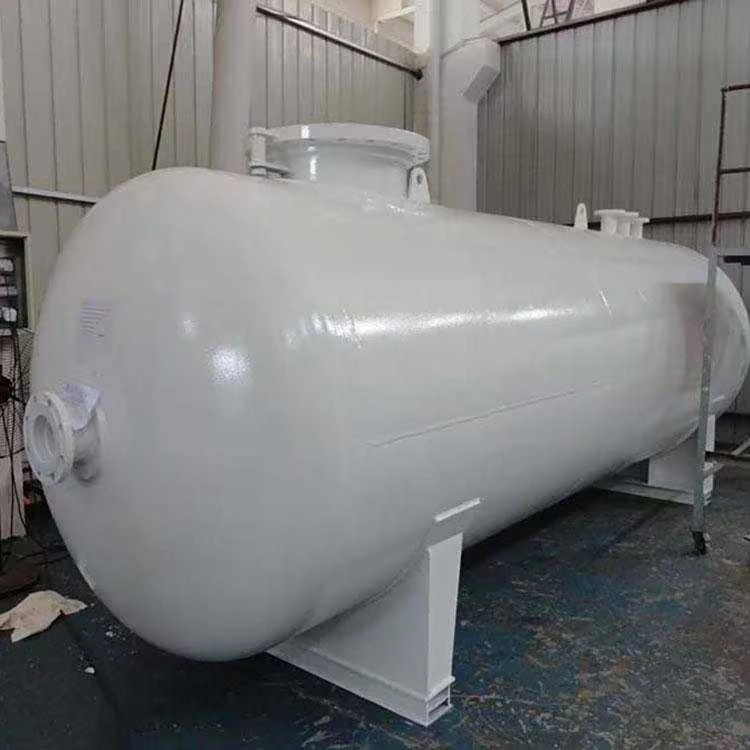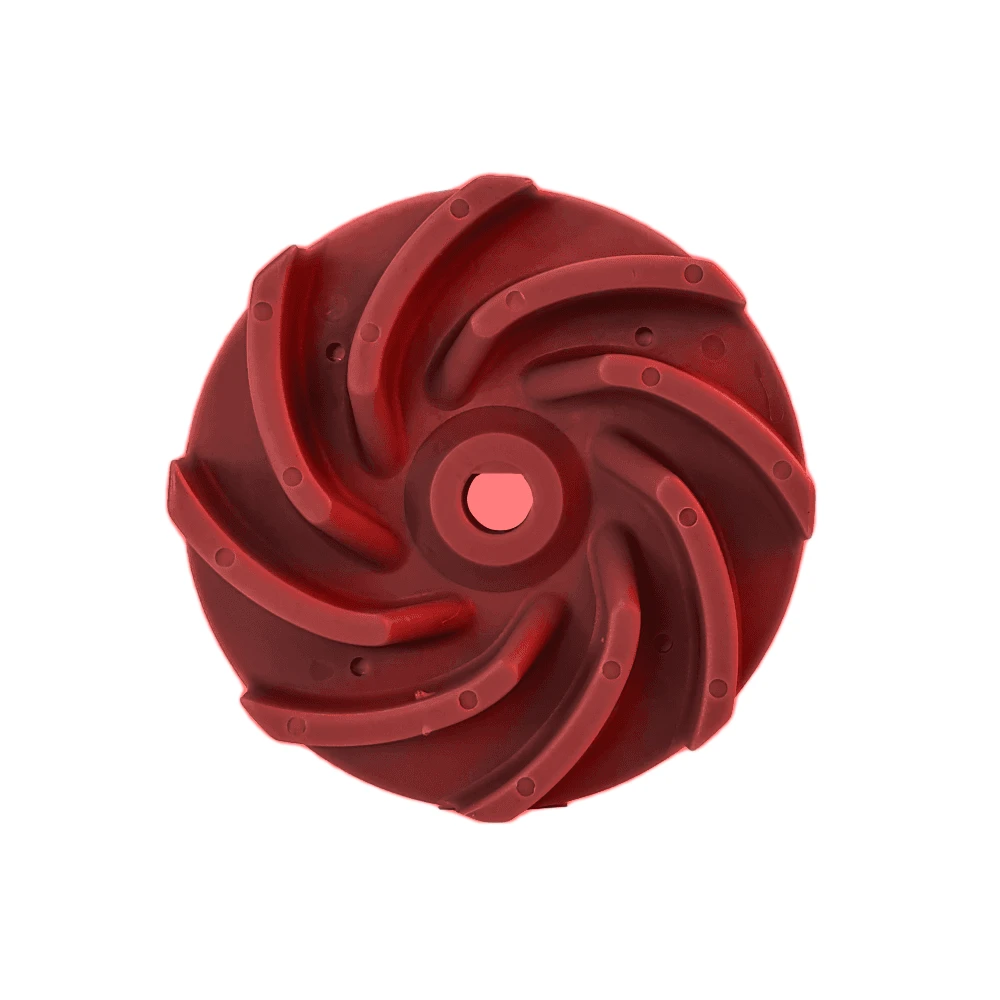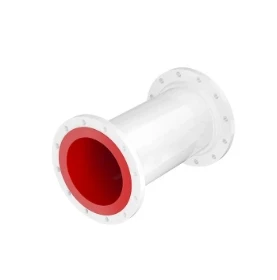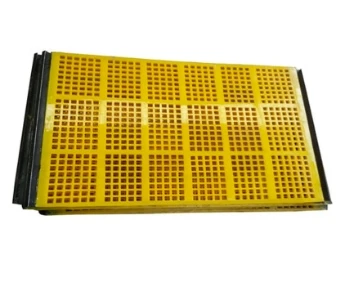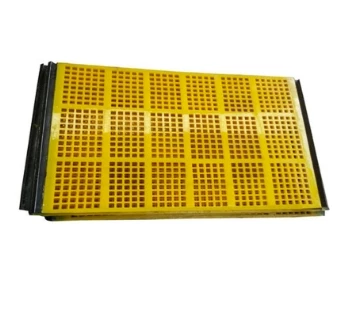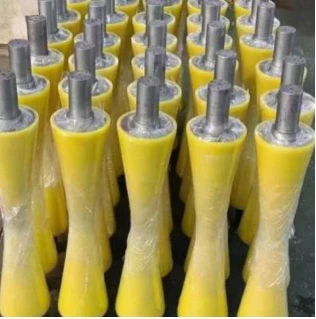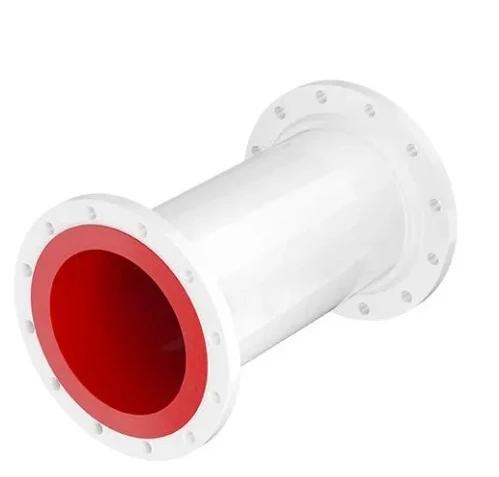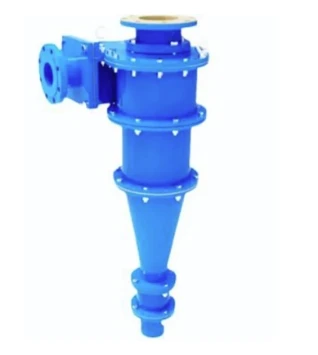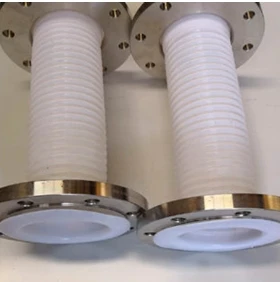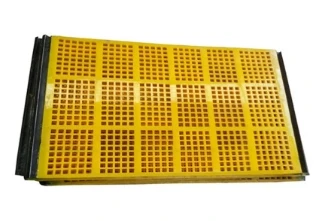PTFE Teflon Bellows: Chemical Resistant & Flexible Expansion
Understanding PTFE Lined Compensators: An Essential Component for Critical Industrial Applications
In the demanding landscape of modern industrial processes, managing thermal expansion, vibration, and misalignment in piping systems is paramount for operational integrity and safety. This is where PTFE Lined Compensators, often referred to as teflon bellows, play a crucial role. These advanced components are engineered to provide exceptional chemical resistance and flexibility, making them indispensable in highly corrosive or high-purity environments where conventional metallic expansion joints would quickly degrade. Their design mitigates stress on pipelines and equipment, preventing costly damage and ensuring continuous, efficient operation.
The unique properties of Polytetrafluoroethylene (PTFE) — a synthetic fluoropolymer of tetrafluoroethylene — make it an ideal material for lining these compensators. Its inertness to almost all chemicals, broad temperature tolerance, and non-stick surface properties contribute to an extended service life and reduced maintenance requirements. Industries ranging from chemical processing and pharmaceuticals to power generation rely heavily on the robust performance of these specialized bellows to maintain system reliability and compliance with stringent environmental and safety regulations.
Industry Trends and Market Dynamics for PTFE Bellows
The market for expansion joints, particularly for ptfe expansion bellows, is experiencing steady growth, driven by several key trends. Increasing demand for advanced materials in sectors like chemical processing, petrochemicals, and pharmaceuticals is a primary accelerator. As these industries continue to expand globally and encounter more aggressive media, the need for highly resistant and durable components intensifies. Environmental regulations are also playing a significant role, pushing for systems that minimize leakage and ensure long-term integrity, which PTFE's chemical inertness perfectly supports.
Technological advancements in manufacturing processes are leading to more sophisticated and cost-effective production of teflon bellows. Innovations in molding and extrusion techniques allow for greater design flexibility, enabling the creation of bespoke solutions for complex piping configurations. Furthermore, the push towards greater energy efficiency and reduced operational downtime means that components offering superior longevity and minimal maintenance, like PTFE Lined Compensators, are increasingly preferred. This market dynamic underscores the critical importance of selecting high-quality, reliable suppliers.
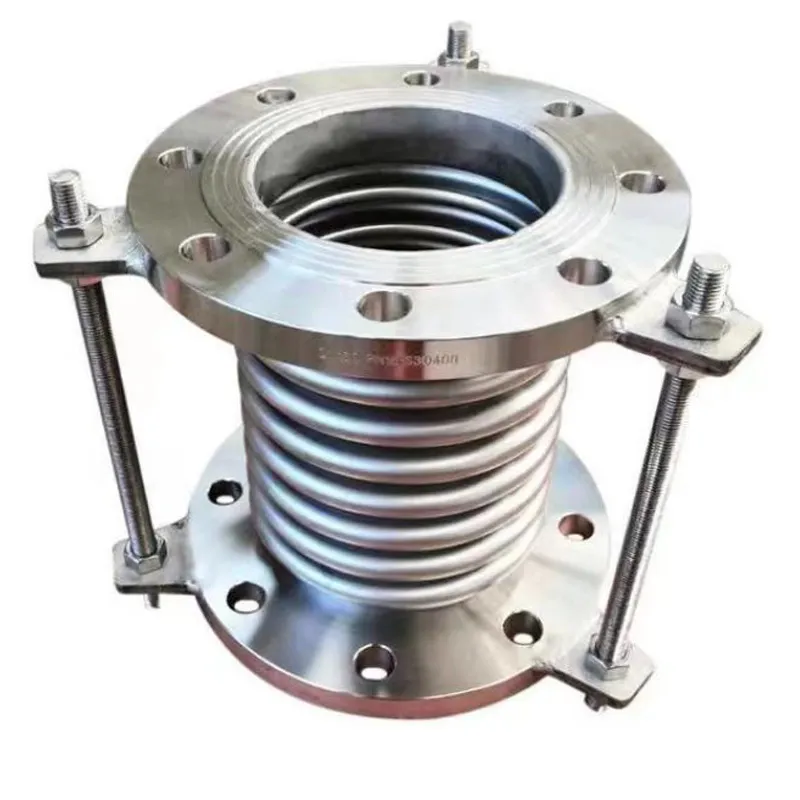
The Advanced Manufacturing Process of PTFE Lined Compensators
The production of teflon bellows, specifically PTFE Lined Compensators, involves a meticulously controlled multi-stage manufacturing process to ensure their exceptional performance and durability. This process typically begins with the selection of high-grade PTFE resin, renowned for its unparalleled chemical resistance and thermal stability. Unlike metallic counterparts which might involve traditional casting or forging, PTFE bellows are often formed using advanced molding or compression techniques, allowing for the precise formation of convolutions that enable multi-directional movement.
Initially, the PTFE resin is processed through advanced extrusion or molding equipment to form the core bellow structure. This raw PTFE bellow is then expertly lined or reinforced, often with external metallic components like flanges or collars, which are typically manufactured through precision CNC machining or forging for robust connection to existing pipework. Crucial to their performance is the curing process, where the PTFE material is subjected to controlled temperature profiles to achieve optimal mechanical properties and chemical inertness. Each stage is subject to rigorous quality control, including dimensional checks, visual inspections for surface defects, and pressure testing. Final products adhere to international standards such as ISO 9001 for quality management and often ANSI/ASME B16.5 for flange specifications, ensuring compatibility and reliability in critical systems. The typical service life, when correctly installed and operated within design parameters, can exceed 10-15 years, significantly reducing lifecycle costs in industries like petrochemical, chemical processing, and water treatment due to their corrosion resistance and reduced need for frequent replacement.
Key Technical Parameters and Specifications
Selecting the appropriate ptfe lined bellow requires a thorough understanding of its technical specifications and how they align with application requirements. Parameters such as operating temperature range, pressure ratings, and axial/lateral movement capabilities are critical. PTFE's exceptional resistance to aggressive chemicals, including strong acids, bases, and solvents, sets it apart from other materials. This chemical inertness, coupled with a wide operational temperature range (typically from -70°C to +200°C), makes these compensators suitable for environments where metallic alloys would quickly corrode.
The following table provides a general overview of typical parameters for standard PTFE Lined Compensators. Actual specifications may vary based on specific design, size, and manufacturer, emphasizing the importance of detailed product data sheets for precise engineering.
| Parameter | Typical Range/Value | Notes |
|---|---|---|
| Nominal Diameter (DN) | DN25 - DN600 (1" - 24") | Larger sizes available for custom applications. |
| Operating Temperature | -70°C to +200°C (-94°F to +392°F) | Depends on pressure and specific PTFE grade. |
| Max. Operating Pressure | Up to 1.6 MPa (232 PSI) | Varies with DN and temperature; typically higher for smaller DN. |
| Axial Movement | ± 20 mm to ± 50 mm | Depends on convolutions and length. |
| Lateral Movement | ± 15 mm to ± 30 mm | Accommodates pipe misalignment. |
| Angular Movement | Up to ± 5° | For rotation and angular displacement. |
| Lining Material | Virgin PTFE, Anti-static PTFE | Ensures chemical inertness and prevents static charge buildup. |
| Flange Material | Carbon Steel, Stainless Steel (304, 316L) | Coated or untreated, depending on external environment. |
Versatile Application Scenarios and Proven Case Studies
The exceptional resilience and adaptability of teflon bellows allow their deployment across a broad spectrum of critical industrial applications. In the petrochemical industry, they are vital in handling corrosive acids, alkalis, and solvents, ensuring the integrity of complex refining processes. Pharmaceutical and biotechnology sectors utilize them to maintain high-purity conditions, preventing contamination in sterile transfer lines, aligning perfectly with FDA guidelines. In metallurgical plants, they manage high temperatures and abrasive slurries, contributing to prolonged equipment life.
Case Study: Chemical Processing Plant A major chemical plant in Houston, Texas, faced recurring issues with stress cracks and leakage in their traditional metallic expansion joints due to highly corrosive hydrochloric acid lines. After transitioning to PTFE Lined Compensators from a reputable manufacturer, the plant observed a significant reduction in maintenance downtime – by approximately 40% annually – and eliminated hazardous leakage incidents. The improved system reliability also led to a measurable increase in overall plant throughput, demonstrating the tangible benefits of investing in high-quality ptfe lined bellow solutions. These compensators also contribute to energy savings by reducing pressure drop and ensuring smooth flow paths due to their non-stick internal surface, which minimizes fouling.
Case Study: Wastewater Treatment Facility A municipal wastewater treatment facility experienced frequent failures of rubber expansion joints in their chlorine dosing systems. The high concentration of chlorine caused rapid material degradation. Implementing custom-designed ptfe expansion bellows provided a permanent solution. The inherent corrosion resistance of PTFE ensured long-term durability against the aggressive chlorine, improving system safety and reducing replacement costs by over 70% over a five-year period. These examples underscore the broad applicability and specific advantages these specialized bellows offer across diverse sectors, including water supply and drainage systems.
Choosing a Manufacturer: Comparison and Customization Solutions
Selecting the right manufacturer for teflon bellows is a critical decision that impacts the long-term performance and safety of your industrial systems. Key factors to consider include the manufacturer's experience, their adherence to international quality standards (e.g., ISO 9001, ASME B31.3), their technical support capabilities, and their capacity for custom engineering. Not all suppliers offer the same level of expertise or product range, especially when dealing with highly specialized applications requiring tailored solutions.
Reputable manufacturers often provide a comprehensive range of customization options, from unique flange configurations and specific PTFE grades (e.g., anti-static, filled PTFE for enhanced wear resistance) to multi-ply designs for higher pressure ratings or enhanced flexibility. Collaboration with a manufacturer that offers robust technical consultation and detailed engineering analysis can significantly optimize product selection and system integration, leading to superior operational efficiency and longevity.
| Feature/Criterion | Manufacturer A (Specialist) | Manufacturer B (Generalist) |
|---|---|---|
| Specialization in PTFE Bellows | Primary focus, extensive R&D | One of many product lines |
| Customization Capability | High (engineered solutions for unique needs) | Limited (standard sizes/configurations) |
| Quality Certifications | ISO 9001, PED, ATEX compliance | Basic ISO 9001 |
| Technical Support & Expertise | Dedicated engineering team, application support | Standard sales support |
| Product Lead Time (Standard) | 2-4 weeks | 3-6 weeks |
| After-Sales Service | Comprehensive warranty, troubleshooting | Standard warranty |
Ensuring Trustworthiness: FAQs, Delivery, and Warranty
Trust is foundational in B2B relationships, especially for critical components like ptfe expansion bellows. A reliable supplier will transparently address common concerns and provide clear policies regarding product quality, delivery, and support. Our commitment to client satisfaction is reflected in our robust service offerings and adherence to the highest industry standards for PTFE Lined Compensators.
Frequently Asked Questions (FAQs)
-
Q: What is the typical lead time for custom PTFE Lined Compensators?
A: Standard orders typically ship within 2-4 weeks. For highly customized solutions or large volume orders, lead times can extend to 6-8 weeks, depending on complexity and material availability. We provide firm delivery schedules upon order confirmation. -
Q: What certifications do your products hold?
A: Our manufacturing processes are ISO 9001 certified, ensuring stringent quality management. Our products are designed to meet relevant industry standards such as ANSI/ASME for pressure vessels and piping components, and can be supplied with material test reports (MTRs) and certificates of conformity upon request, including those for FDA compliance where applicable for specific PTFE grades. -
Q: What is your warranty policy for ptfe lined bellow products?
A: We offer a standard 12-month warranty from the date of shipment against manufacturing defects and material failures under normal operating conditions. Extended warranties or specific performance guarantees can be discussed for large-scale projects. -
Q: Can you provide engineering support for complex installations?
A: Absolutely. Our dedicated engineering team provides comprehensive technical support, including design consultation, material selection guidance, stress analysis, and installation recommendations to ensure optimal performance of our teflon bellows in your specific application.
Our commitment extends beyond product delivery to comprehensive customer support, ensuring seamless integration and long-term reliability of PTFE Lined Compensators in your critical infrastructure.
Conclusion: The Indispensable Role of PTFE Lined Compensators
PTFE Lined Compensators, or teflon bellows, represent a pinnacle of engineering excellence, offering unparalleled resilience and adaptability in the most challenging industrial environments. Their superior chemical inertness, wide temperature range, and mechanical flexibility make them an indispensable asset for managing thermal expansion, vibration, and misalignment in critical piping systems. By mitigating risks of corrosion, leakage, and equipment stress, these components contribute significantly to operational safety, efficiency, and longevity across diverse sectors from petrochemical to pharmaceutical.
Choosing a knowledgeable and experienced manufacturer capable of providing both standard and highly customized ptfe expansion bellows is crucial for maximizing investment and ensuring peak system performance. The long-term benefits of reduced maintenance, increased uptime, and enhanced safety firmly establish PTFE Lined Compensators as a vital element for any forward-thinking industrial operation.
References
- Smith, J. A., & Johnson, R. B. (2022). Advanced Materials for Corrosive Environments in Chemical Processing. Journal of Industrial Engineering and Chemistry, 15(3), 201-215.
- Department of Energy. (2023). Guidelines for Thermal Expansion Management in High-Temperature Piping Systems. Technical Report No. DOE/EP-0045-A.
- International Organization for Standardization. (2020). ISO 9001:2015 Quality Management Systems – Requirements.
- American Society of Mechanical Engineers. (2018). ASME B31.3 Process Piping.
Related Products
Our main products are polyurethane lined pipes, mining equipment fittings and metal hoses.




